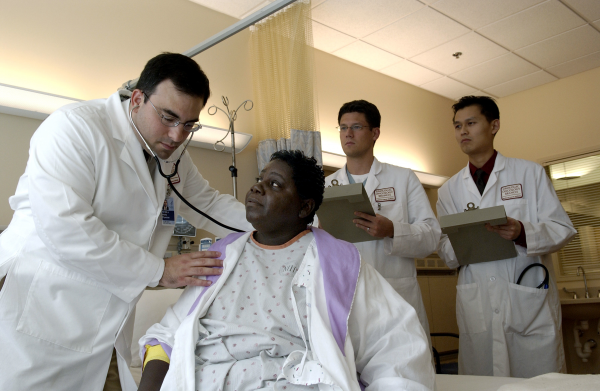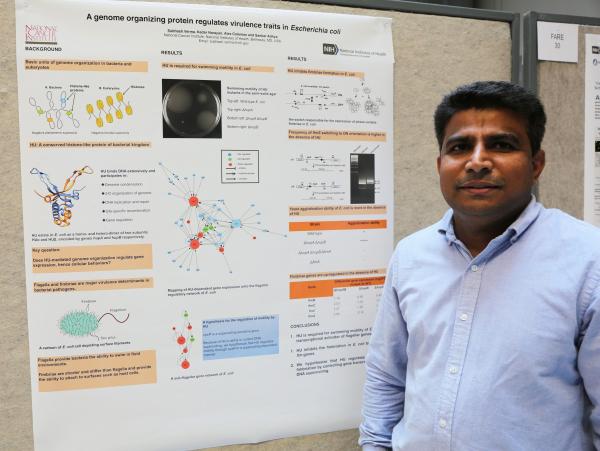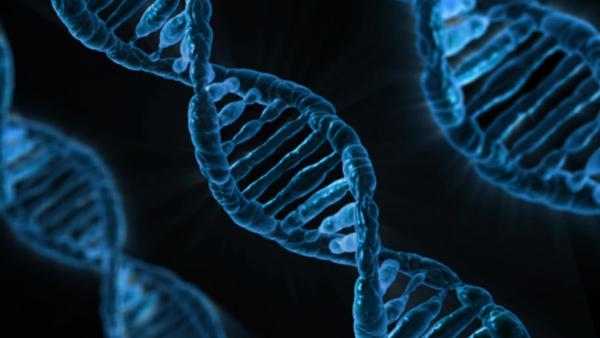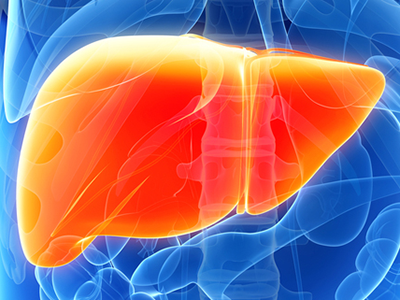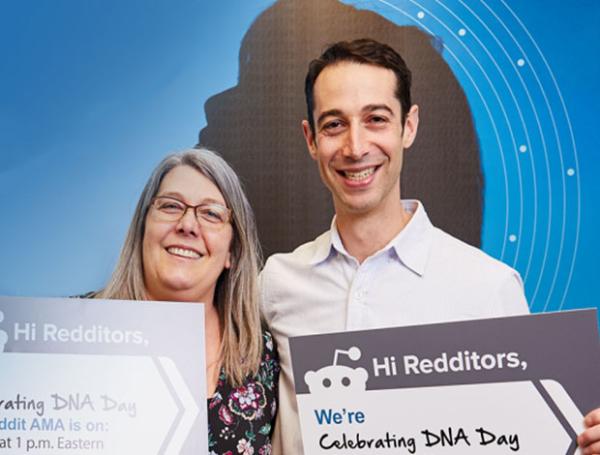Mothers’ Smoking Leaves Unique Marks on Infants’ DNA
Smoking While Pregnant Affects a Woman’s Genes Differently From Her Baby’s
Decades of public health campaigns have made the health consequences of smoking common knowledge. However, for the few women who smoke while pregnant, the habit can affect not only their own bodies but also those of their unborn children. Intriguingly, according to a new study led by IRP researchers, so-called ‘epigenetic’ changes to DNA that can alter the behavior of genes differ significantly in smoking mothers compared to their babies, suggesting that maternal smoking may have unique, long-lasting effects on the way a child’s body functions.



